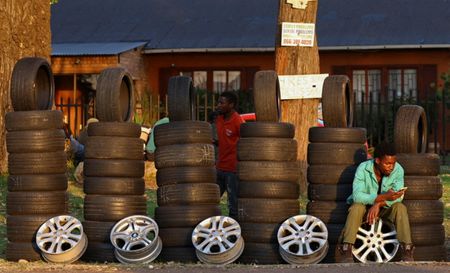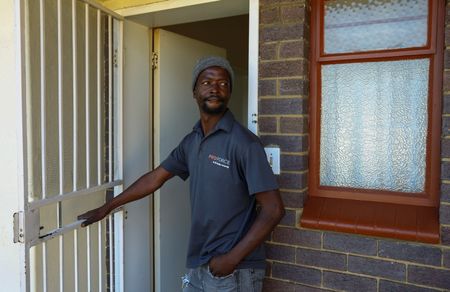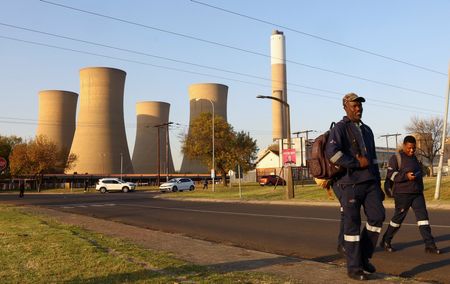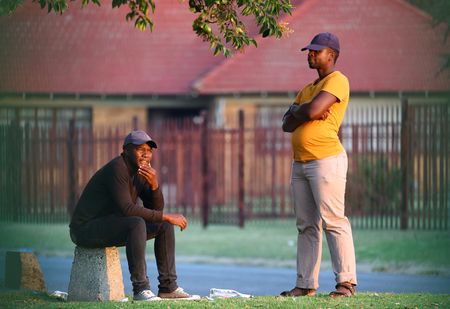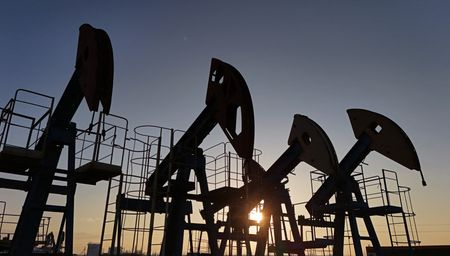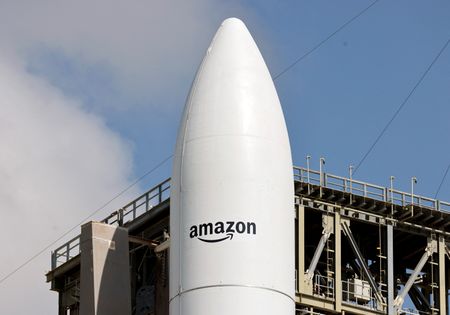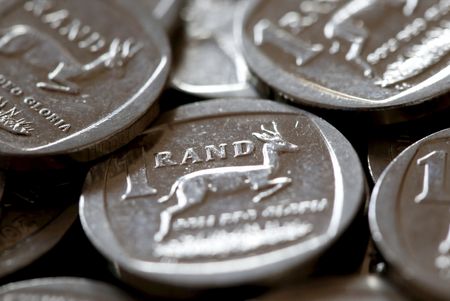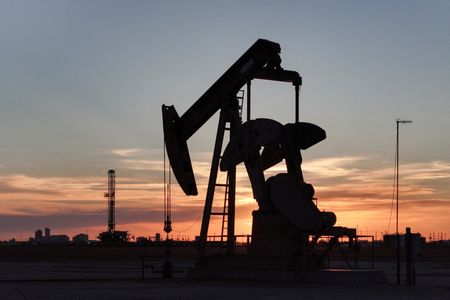By Joe Bavier
KOMATI, South Africa (Reuters) – In a ward South Africa’s governing African National Congress (ANC) won handily in local elections three years ago, party campaign worker Poppy Vilakazi has been getting a decidedly frosty reception lately.
“Mostly they are angry,” she told Reuters, speaking in Komati, a village in the shadow of a shuttered power plant in Mpumalanga province, an ANC stronghold in the country’s coal belt.
“They feel the ANC let them down by allowing this power station to close.”
South Africa’s creaky power sector and the economic fallout from state utility Eskom’s struggle to keep the lights on are top issues in a May 29 election that polls predict could see the ANC lose its 30-year parliamentary majority.
But as President Cyril Ramaphosa seeks to balance the need to boost energy output against dwindling funding for coal – which generates 80% of the country’s power – and global demands that South Africa decarbonise, the issue is dividing his party.
Nowhere is that more evident than in Komati, where the conversion of a 60-year-old, 1,000-megawatt coal power plant has triggered a local and national backlash.
Eskom is installing 370 megawatts of solar, wind and battery storage at Komati.
It is meant to be a blueprint for future coal station closures and create new jobs and training programmes in the renewable energy sector.
But local residents like Dumisani Mpungose – laid off from his maintenance job at the plant – say so far, they’ve seen nothing but unemployment, poverty and rising crime.
“Komati was a place of happiness, of life,” said Mpungose, 37, whose wife returned to her parents’ home after he lost his job, taking their daughter with her. “It’s been two years I haven’t seen them now.
Two years that I haven’t been working.”
Ramaphosa’s ministers have piled on the criticism.
Mineral Resources and Energy Minister Gwede Mantashe labelled Komati’s closure a disaster.
Electricity Minister Kgosientsho Ramokgopa called it a mistake and has successfully lobbied cabinet to delay future closures.
“If you can’t make your pilot work, it’s going to send a very bad message.
It means you’ve failed,” said Chris Yelland, an energy expert who believes South Africa must pivot to renewables but worries Komati risks undermining that shift.
The ANC’s main rivals – and potential coalition partners if it loses its majority – are proposing their own solutions.
The left-wing Economic Freedom Fighters want to stop decommissioning coal plants and add new nuclear capacity, while the centre-right Democratic Alliance wants to liberalise the sector and break Eskom’s monopoly.
HEFTY BILL
Years of mismanagement, corruption, and neglect crippled Eskom.
Near daily blackouts have curbed economic growth and contributed to one of the world’s highest unemployment rates.
Eskom is pushing its ageing fleet to the limit. But that’s undermining commitments South Africa, the world’s 14th biggest producer of carbon emissions from energy production, made under the Paris climate agreement.
South Africa’s global partners are not the only ones concerned.
A youth survey released this month by the Johannesburg-based Ichikowitz Family Foundation, which backs wildlife conservation and youth empowerment projects, found that 63% of South African respondents were “very concerned” by climate change, a 26-point jump in just two years.
However, funding a shift away from coal could cost up to $46 billion.
That is too hefty a bill for the government, so it’s turning to the United States and wealthy European countries, who have pledged an initial $8.5 billion in financing, most of it loans.
South Africa has committed to cutting emissions to between 350 and 420 million metric tons annually by 2030, from 442 million tons this decade.
“We will prove that this can work,” Thevan Pillay, Komati’s managing director, told Reuters.
“We’ll do that in the rest of the fleet. And it will change the mindset of people.”
Residents in Mpumalanga, which produces the bulk of South Africa’s power and is the heart of a coal industry employing over 90,000 people, are sceptical.
“What are we going to eat if all the coal mines are closed, and all the power stations are closed?” said Anna-Marth Ott, who heads the chamber of commerce in Middelburg, one of Mpumalanga’s commercial hubs.
“How are we going to sustain the economy?”
With thousands of unionised miners and Eskom workers, Mpumalanga is a bastion of organised labour, the bedrock of ANC support. Black coal entrepreneurs are key ANC financial backers.
Neither group is happy.
Despite the internal dissention, few doubt the ANC will carry Mpumalanga at the polls.
But in an election where it needs every vote it can get, many like Dumisani Mpungose do not see the point in turning up for a party they feel has betrayed them.
“This seems like a sell-out,” he said of the Komati plant closure.
($1 = 18.3814 rand)
(Reporting by Joe Bavier, additional reporting by Sfundo Parakozov; Editing by Emelia Sithole-Matarise)


